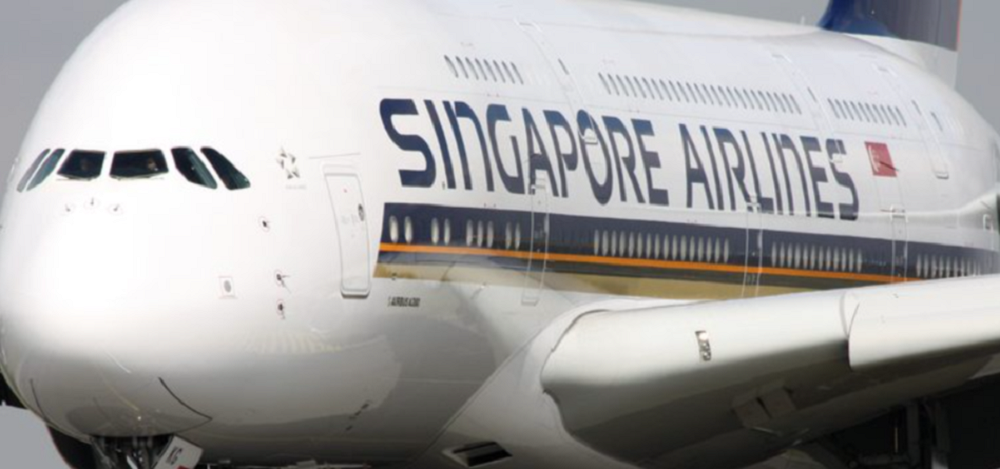The Indonesian government will introduce a new policy for all domestic workers from the country to have “zero debt” before moving overseas for employment.
This policy will come into effect on 1 January next year.
The Indonesian government said that it hopes that this new policy will ensure its citizens who work overseas do not suffer any financial problems.
Currently, the foreign domestic workers (FDWs) bear all administrative costs to work in Singapore, and the common method to pay for this is to borrow from their employers, who will then deduct the payment from the FDW’s monthly salary.
However, with the implementation of this new policy, it could mean that employers might soon have to bear all administrative costs to hire a FDW, and the cost to employ an Indonesian domestic helper might increase significantly.
Costs could include all administrative expenses like passport, health tests, training courses as well work arrangements.
Local employers who initially had to only pay about S$2,000 may soon be required to fork out more than S$5,000 after the new policy comes into effect.
In a report by Chinese newspaper Lianhe Zaobao, the Ministry of Manpower (MOM) said that it has received new requirements from Indonesian authorities about the enforcement on the employment contract, which includes the “zero placement fee” policy that will be implemented next month.
A spokesperson from MOM also noted that employers who urgently require a domestic helper from Indonesia but is experiencing delays can reach out to maid agency and discuss alternative solutions.
Singapore currently employs approximately 250,000 domestic helpers, and more than half of them, or nearly 127,000, are from Indonesia.
The Centre for Domestic Employees (CDE) chairman Yeo Guat Kwang told the Chinese-language newspaper: “As a labor and welfare agency, we applaud the country to implement policies to protect its own workers abroad. However, if it is not handled properly, it will affect the balance of supply and demand in the market, and employers may switch to hire helpers from other countries”.
On the other hand, president of the Association of Employment Agencies Singapore (AEAS), K Jayaprema, believes that some personal expenses should be borne by the FDWs themselves.
“Intermediaries in the two places can lower their fees and make less profit. If all expenses are borne by the employer, it is too harsh – passports and training courses should be personal responsibility,” she said to Lianhe Zaobao.








